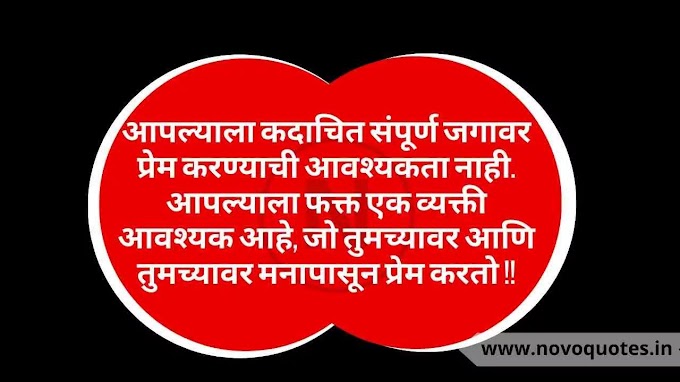In the financial landscape, homeowners often find themselves navigating the complex waters of mortgage and home loans. While both are tied to real estate, they serve different purposes and are structured differently.
A common question that arises is whether one can convert a mortgage loan into a home loan. This blog will explore the intricacies of both loan types, the circumstances under which conversion might be needed, and the feasibility and advisability of such a conversion.
When Do You Need a Loan?
Loans are typically sought when individuals need access to funds beyond their immediate financial reach. For instance, you may need a loan when purchasing a house, making significant home improvements, consolidating debt, or covering unexpected expenses. The purpose of the loan often dictates the type of loan you should pursue.
Difference between Home Loan and Mortgage Loan
A home loan, often referred to as a mortgage, is a loan used specifically to purchase a property. The property is used as collateral, and the loan is paid off in instalments over a set period. The term 'mortgage loan' is sometimes used interchangeably with 'home loan,' but it can also refer to any loan secured by a home, including a home equity loan.
A home equity loan, or a second mortgage, allows you to borrow against the equity you've built up in your property. This type of loan is often used for home renovations, consolidating debt, or other significant expenses. It's based on the difference between the home's market value and the homeowner's remaining mortgage balance.
Can a Mortgage Loan be Converted to a Home Loan?
Technically, a mortgage loan is already a home loan since it's secured by your property. However, if we're discussing the conversion of a traditional mortgage into a home equity loan, this is possible under certain conditions. This conversion is typically considered when a homeowner has built up substantial equity in their property and wishes to tap into it.
The process involves paying off your original mortgage loan and taking out a new loan based on the equity you've accumulated. This new loan could be a home equity loan or a home equity line of credit (HELOC). It's important to note that this is not a simple conversion but rather the closing of one loan and the opening of another.
The conversion from a traditional mortgage to a home equity loan is not merely a financial transaction but a strategic move that can have significant implications for a homeowner's financial trajectory.
It's a decision that often comes into play when homeowners have paid down a substantial portion of their mortgage, or when their property's value has increased, thereby boosting the equity available to them. This equity, once unlocked through a home equity loan or HELOC, can provide liquidity for large expenses or investments, offering a financial flexibility that wasn't previously accessible.
However, this process is akin to starting anew, requiring a fresh appraisal of the property, reassessment of one's financial status, and a new set of terms and conditions that will govern the loan. It's a step that should be taken with a clear understanding of the long-term financial picture, as it resets the clock on your loan term and may affect your monthly budgeting. Homeowners must navigate this decision with a comprehensive view of their financial health, ensuring that the benefits of tapping into their home equity outweigh the costs and risks associated with a new loan.
Is it Recommended?
Whether converting a traditional mortgage into a home equity loan is recommended depends on individual circumstances. If the current mortgage rates are significantly higher than the rates available today, and if there's enough equity in the home, it might make financial sense to refinance and convert.
However, it's crucial to consider the costs associated with refinancing, such as closing costs, possible prepayment penalties, and the new loan's terms and rates. Additionally, tapping into home equity should be done with caution, as it reduces the buffer you have in case of a decrease in home values and increases the risk of going underwater on your mortgage if property prices fall.
Conclusion
In conclusion, while a mortgage loan can be 'converted' into a home equity loan, it is a process that requires careful consideration. Homeowners must assess their financial situation, the equity in their home, and the current market conditions to determine if such a move is beneficial.
It's advisable to consult with a financial advisor to understand the implications fully and to ensure that the decision supports long-term financial goals. As with any financial decision, the key is to weigh the pros and cons and proceed with a strategy that enhances your financial health and security. So, whichever loan you go for, ensure that you do precise research and reach to a conclusion accordingly.




.webp)





0 Comments
Please do not enter any spam link in the comment box. I request you to use comment box only for queries and feedback.